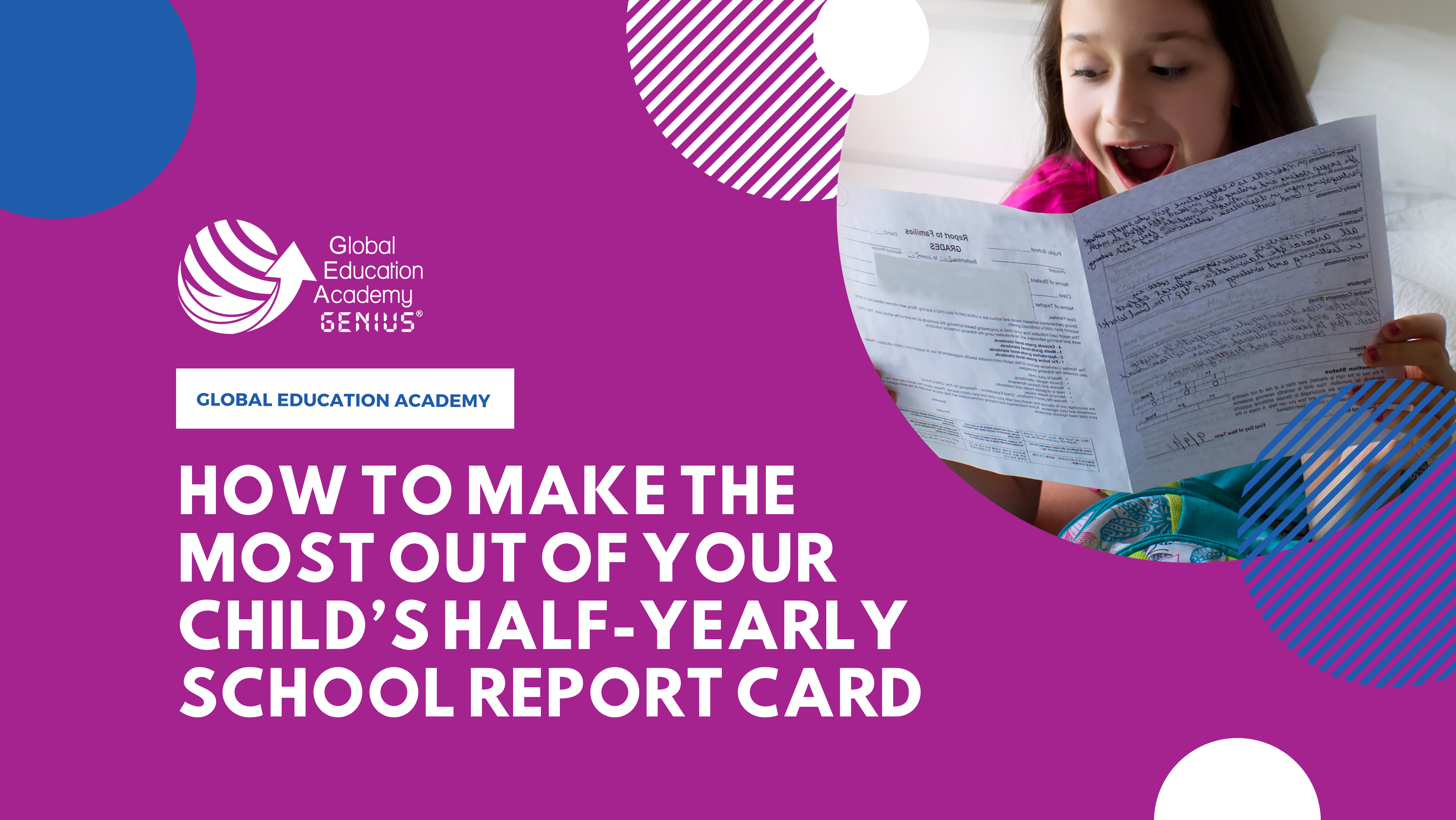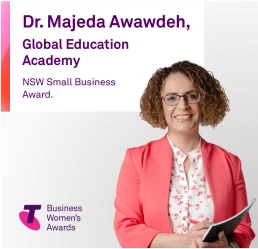
With the July school holidays fast approaching, your child is likely to have received their half-yearly school report from their teacher by now. You may have even sat down with your child’s teacher for a formal parent-teacher interview to discuss their performance and progress.
As covered in detail in our previous blog Understanding your child’s school report card, school report cards are intended to capture a student’s level of achievement in school through the following key components:
The last component, the comments section, should ideally provide the most insight on your child’s performance, with descriptions on their behaviour in class and academic abilities. However, given time constraints placed on teachers, this section may at times appear to be filled with “vanilla” comments that don’t actually tell you much about how your child is performing. Funnily enough, you’ll find the internet is scattered with websites and blogs providing template report card comments for teachers to use and adapt!
Do you recognise any of these phrases?
Many teachers approach report card writing as a routine activity, with the lack of time and space to truly stop and consider how best to communicate how each student is doing. According to a report by the Australian Council for Educational Research, both parents and teachers are not satisfied with how report cards communicate student performance.
If school reports don’t communicate much, how can you make the most out of your child’s half-yearly reports and understand how your child is really performing?
Ask questions. Before parent-teacher interviews, write down a list of questions you would like to ask their teacher and be prepared. Questions are an effective way to dig deeper and draw meaning from the information on the school report card.
Here are some examples of questions you could ask:
If parent-teacher interviews have passed but you would still like to ask a few questions, contact your child’s teacher to see whether they are available for a brief phone conversation. This may help give you peace of mind as you enter the second half of the year.
Conversations with your child’s teacher may not give you the level of understanding you need. If that’s the case, consider our diagnostic assessment. At Global Education Academy, our diagnostic assessments go beyond how each child is performing at their expected age and delve further into strengths and weaknesses as well as patterns in logical thinking and reading/writing fluency. This allows us to determine which areas need further development. The assessment also includes an in-depth discussion where we show you what our assessment results mean and how it translates into what the next steps should be. If you’re interested, book a diagnostic assessment with us today!
Once you have a good idea about how your child is performing at school, this should help guide what to focus on with your child for the next half of the year. Through conversations with your child’s teacher and/or a diagnostic assessment with Global Education Academy, the areas for improvement should be clearer. This is a good opportunity to use these results to support your child’s learning and help get them back on track before the new year. The time to act is now.







